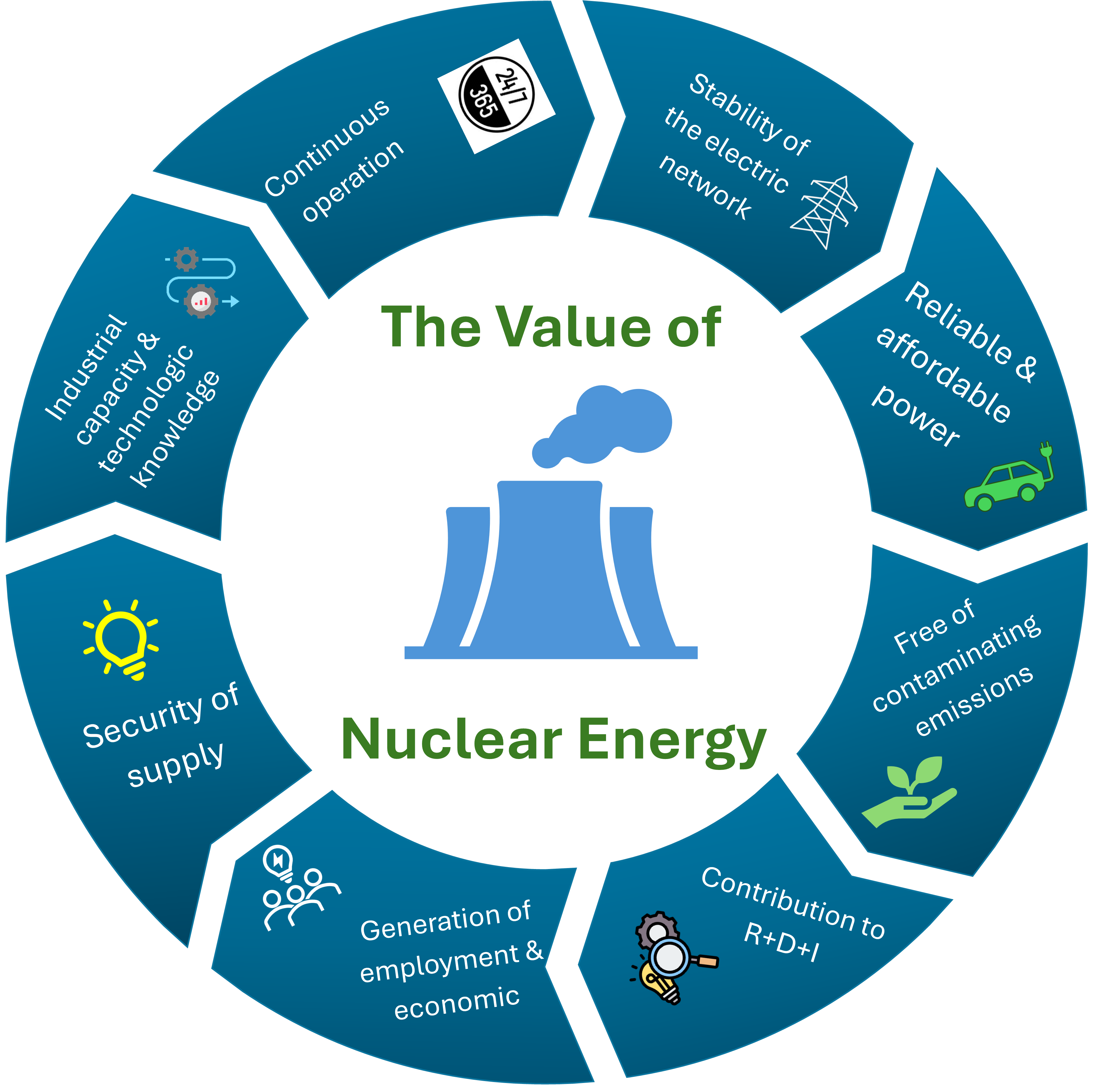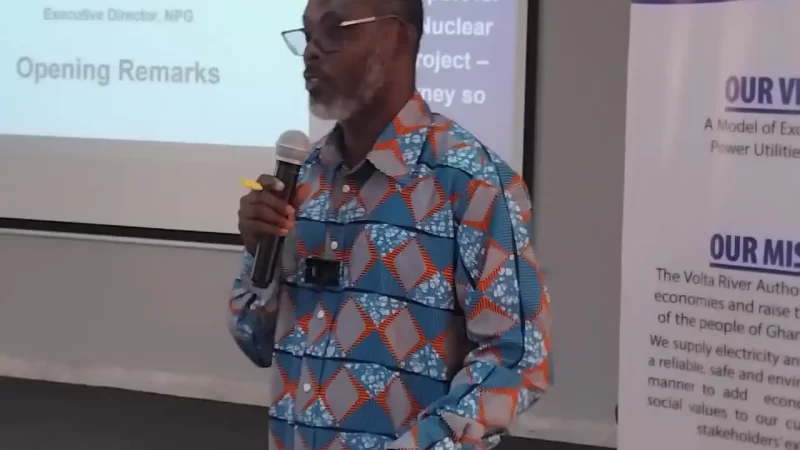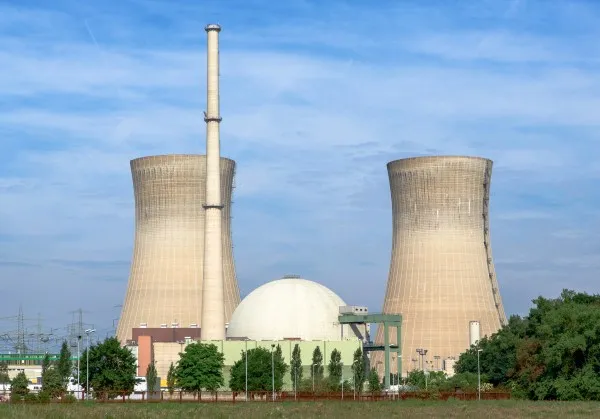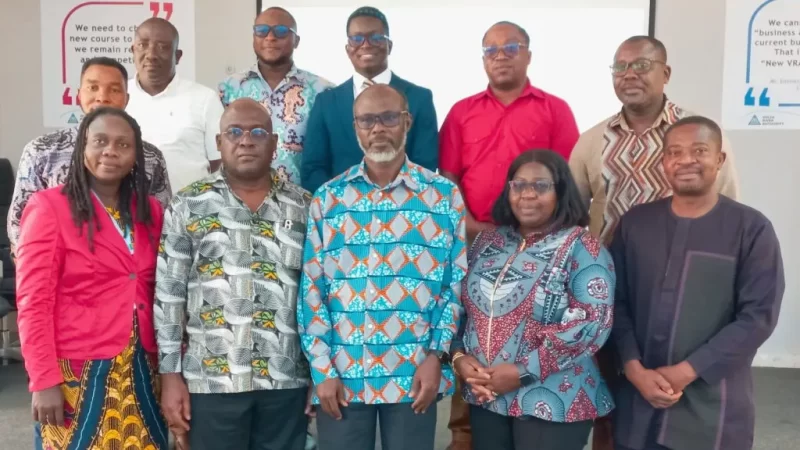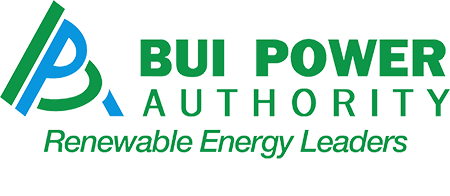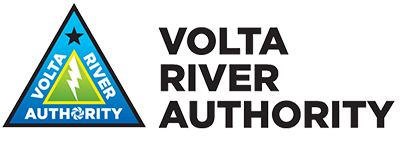Ghana Achieves Major Milestone with First-Ever IAEA SEED Review Mission for Nuclear Power Site Selection
Ghana Achieves Major Milestone with First-Ever IAEA SEED Review Mission for Nuclear Power Site Selection https://nuclearpowergh.com/wp-content/uploads/2025/05/7-1-1024x683.jpg 1024 683 Afia Adjei https://secure.gravatar.com/avatar/2f3df847dc2d394979652c82681b698e?s=96&d=mm&r=g…

